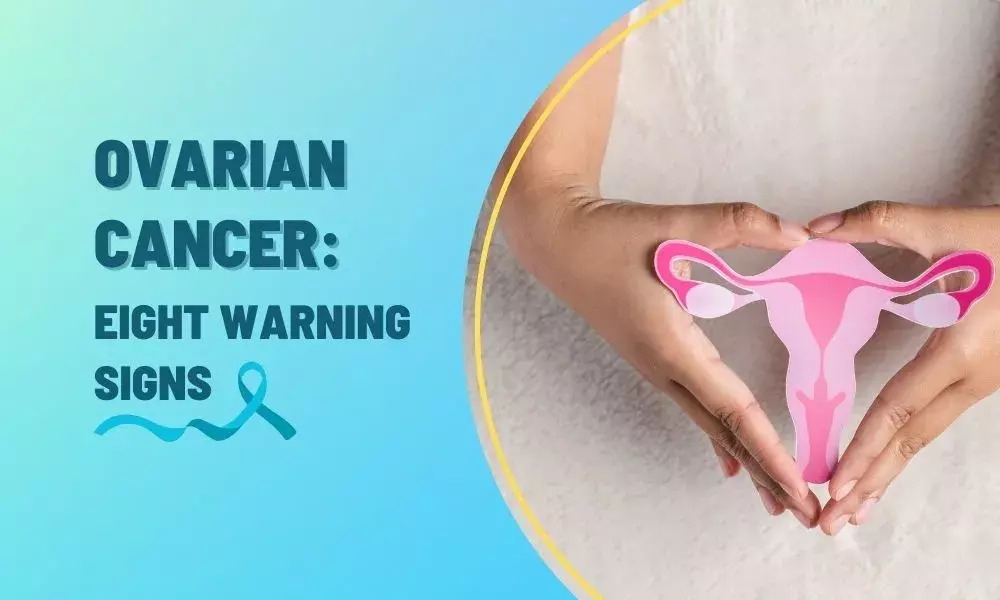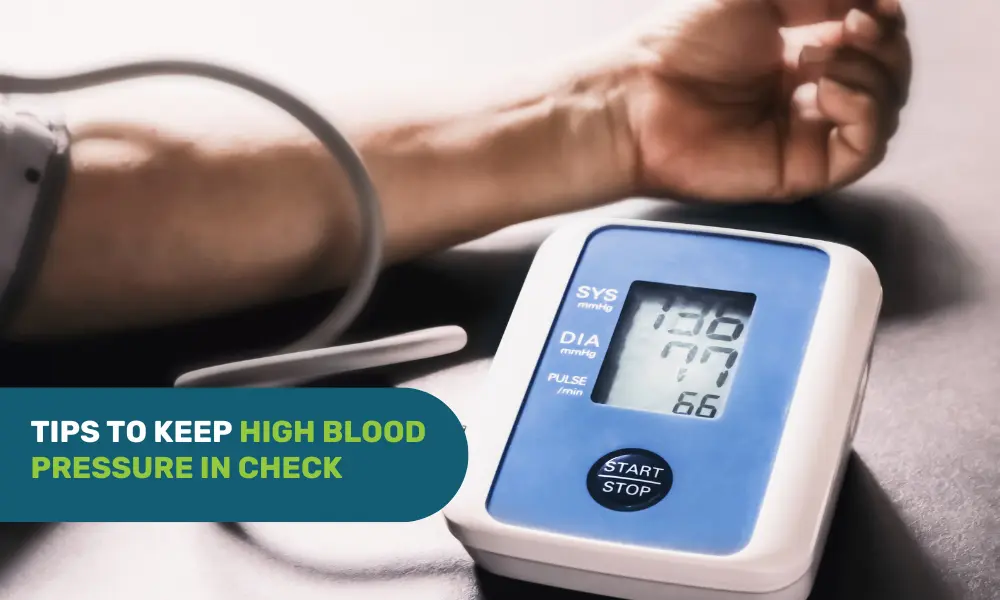Second most common cancer in women after breast cancer is ovarian cancer. Knowing the early signs of this cancer can help in treating it better and increases the survival chances.
Table of Content:
-
What is Ovarian cancer?
-
Early Warning Symptoms
-
Potential Cause
-
Risk Factors
-
Preventing Ovarian cancer
What is Ovarian cancer?
Ovaries are the most crucial organ of the female reproductive system. There are two ovaries, one on each side of the uterus. The ovaries are as small as an almond and they produce eggs and hormones like progesterone and estrogen.
When there is an unusual growth of cells in or around ovaries it leads to ovarian cancer. The cells multiply quickly and destroy the healthy body tissues in the ovaries.
As per statistics*, in 2020, a total of 313,959 new cases of ovarian cancer were recorded globally. And in the same year, a total of 207,252 new deaths were reported globally due to ovarian cancer.
However, if the symptoms are detected early this cancer can be treated well.
Early Warning Symptoms
Early signs and symptoms of ovarian cancer may seem like normal ailment. However, if your frequently experience combination of below symptoms, you must consult a doctor immediately. Symptoms of ovarian cancer may include:
-
Unusual weight loss
-
Frequent Fatigue
-
Discomfort in the pelvic area
-
Abdominal bloating or swelling
-
Lower back pain
-
Quickly feeling full when eating
-
Changes in bowel habits
-
Increased need to urinate
Potential Cause
There are no standard causes of ovarian cancer, though there are certain identifiers that may increase the risk of this cancer type.
The ovarian cancer may begin when the DNA of cells in or near the ovaries mutates or changes. The DNA of a cell contains the instructions that tell the cell what to do. When the cell mutates it starts multiplying quickly, creating a tumour of cancer cells. The cancer cells grow fast and reduce the percentage of healthy cells in the ovary.
Risk Factors
Knowing risk factors can help you understand how strong are your chances of getting ovarian cancer. This can help you stay alarmed and detect it at an early stage, so that it can be treated immediately.
Age when menstruation started and ended. Beginning menstruation at an early age or starting menopause at a later age, or both, may increase the risk of ovarian cancer.
Older age. The risk of ovarian cancer increases as you age. It is most often diagnosed in older adults.
Being overweight or obese. Being overweight or obese increases the risk of ovarian cancer.
Never being able to conceive. If you have never been pregnant, you may have an increased risk of ovarian cancer.
Family history of ovarian cancer. If you have blood relatives who have been diagnosed with ovarian cancer, you may have an increased risk of the disease.
Inherited gene changes. A small percentage of ovarian cancers are caused by genes changes you inherit from your parents. The genes that increase the risk of ovarian cancer include BRCA1 and BRCA2. These genes also increase the risk of breast cancer.
Postmenopausal hormone replacement therapy. Taking hormone replacement therapy to control menopause signs and symptoms may increase the risk of ovarian cancer.
Preventing Ovarian cancer
The risk factors that cause this cancer like age and genetical history may not be controlled but you can certainly reduce your risk of this cancer.
-
Oral Contraceptives can be the best option. However, consult your doctor before taking birth control pills as these medications have certain risks too.
-
Control your weight, have an exercise regime, and eat a balanced food.
-
Stay away from carcinogens such as ultraviolet rays in sunlight, automobile exhaust fumes and cigarette smoke, exposure to harmful chemicals.
-
If you have a family history of breast cancer or ovarian cancer, consult your doctor, you may be recommended genetic counselling.
-
In case you have a family history of cancer, avoid taking hormone replacement therapy.
-
The full-term pregnancies lowers the risk of ovarian cancer.
-
Women who breastfeed for a year or more may have a modestly reduced risk of ovarian cancer.
-
Tubal ligation means having your “tubes tied” may lower your risk for ovarian cancer, but experts emphasize that the procedure should be performed with the intention of preventing pregnancy — not reducing ovarian cancer risk.
Battling against cancer becomes easy when you have someone to talk and share. We invite you to become a member of our vibrant community – Onco Cancer Care Community at Facebook. Patients diagnosed with cancer, their caregivers and survivor of any gender age are welcome to be part of this group. Let us join and make this journey great for each other.
*Data Source: Worldwide Burden, Risk Factors, and Temporal Trends of Ovarian Cancer: A Global Study – PMC (nih.gov)





